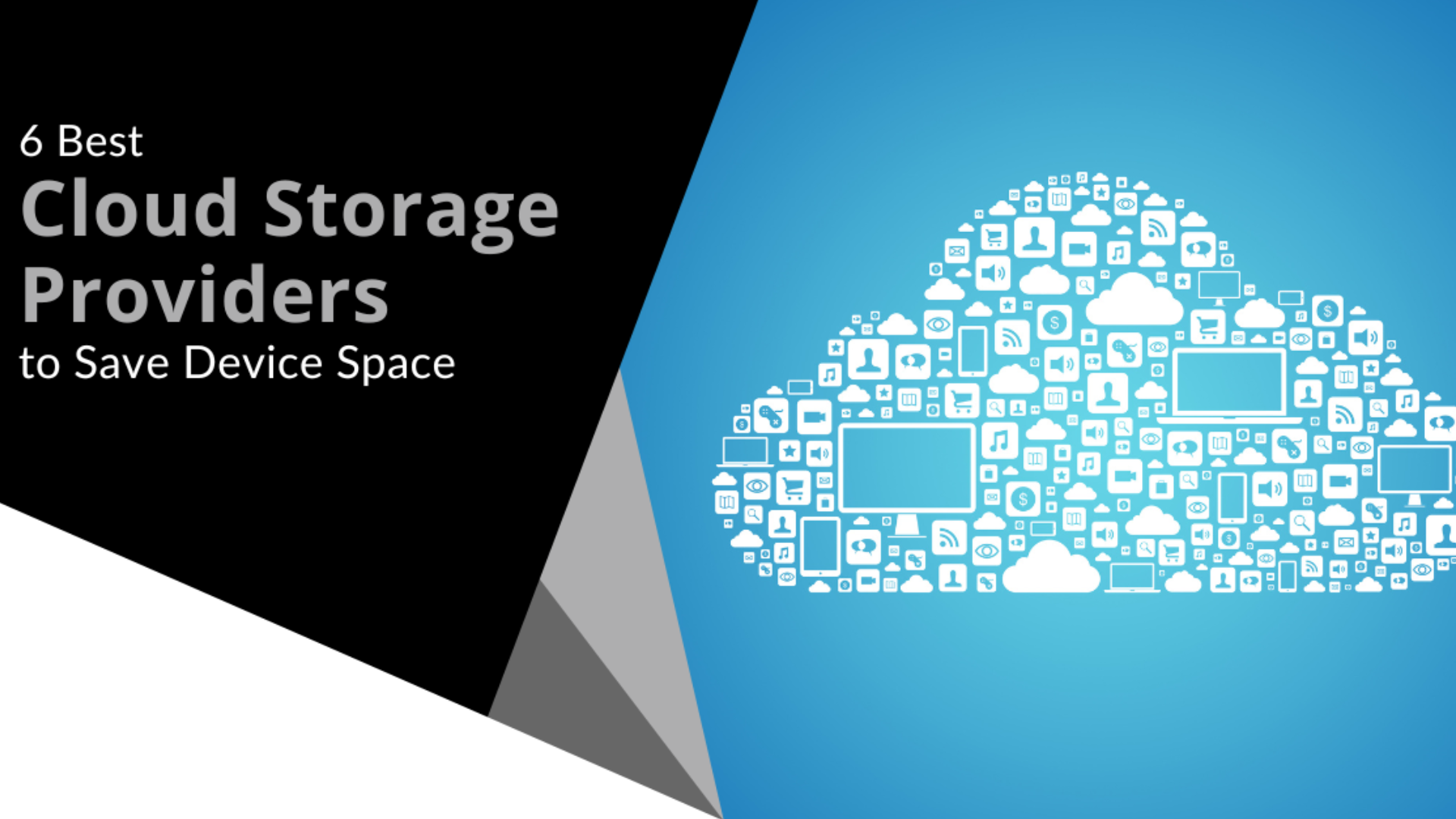Managing Cloud Waste as You Scale
Article Summary: Unchecked cloud resource management transforms the cloud’s promise of agility into a source of bloated and unpredictable spending...
3 min read
Jeff : Nov 17, 2025 10:00:00 AM
Cloud computing has transformed the way small and midsize businesses operate. It’s flexible, scalable, and cost-effective—allowing teams to collaborate, store data, and serve clients from virtually anywhere. But as more businesses in Orange County and beyond migrate to the cloud, one major challenge keeps growing louder: compliance.
When your company’s data moves to the cloud, so do your legal and security responsibilities. Meeting data privacy mandates such as HIPAA, PCI DSS, and GDPR is no longer optional—it’s essential to protect your clients, your reputation, and your bottom line.
At Newport Solutions, we help Orange County SMBs navigate this complex compliance landscape—so you can enjoy the power of the cloud without the risks.
Cloud compliance is the practice of meeting data protection, security, and privacy regulations while operating in cloud environments.
Unlike on-premises systems, the cloud introduces new layers of complexity due to data being distributed across multiple servers, locations, and jurisdictions.
To stay compliant, businesses must focus on:
Securing data at rest and in transit
Enforcing strict access controls and audit trails
Ensuring data residency requirements are met
Demonstrating compliance through regular assessments
Failing to meet these standards can result in steep fines, data breaches, and reputational damage—especially for small businesses with limited resources.
A common misconception among SMBs is that hiring a cloud provider automatically makes your business compliant. Unfortunately, that’s not the case.
Under the Shared Responsibility Model, both the cloud service provider and the customer share the work of compliance:
Cloud Service Provider (CSP): Responsible for securing the cloud’s infrastructure and network.
Customer: Responsible for managing access, configuring systems securely, and protecting the data stored in the cloud.
If your team uses services like Microsoft 365, Google Workspace, or AWS, you’re still accountable for how that data is accessed, shared, and secured.
Depending on your industry and location, your business may fall under one or more compliance standards. Understanding which apply to you is critical.
Even U.S. businesses can fall under GDPR if they handle data from European customers.
Cloud-specific considerations include:
Storing data in EU-approved regions
Enabling user data rights (access, deletion, correction)
Maintaining breach notification protocols
Using strong encryption across systems
If your business manages or transmits patient health information, HIPAA compliance is non-negotiable.
Key practices include:
Partnering only with HIPAA-compliant cloud vendors
Signing Business Associate Agreements (BAAs)
Encrypting data in storage and transmission
Maintaining detailed access logs and audits
If you process or store credit card information, PCI DSS compliance protects you from financial and reputational loss.
Critical steps:
Use encryption and tokenization for payment data
Segment networks in multi-tenant cloud environments
Conduct regular vulnerability scans and penetration tests
For businesses working with U.S. government agencies or contractors, FedRAMP sets strict security and encryption standards.
This globally recognized certification defines standards for Information Security Management Systems (ISMS).
Best practices include:
Regular risk assessments
Documented data security policies
Comprehensive incident response procedures
Compliance isn’t a checklist—it’s an ongoing process. SMBs that treat it as part of their security culture stay safer, more competitive, and more trustworthy.
Here’s how to keep your cloud compliance strong:
Internal and third-party audits help identify weaknesses early and validate compliance with industry standards.
Follow the principle of least privilege (PoLP)—employees should only have access to the data they need. Add multi-factor authentication (MFA) for an extra layer of defense.
Encrypt data both in transit (using TLS) and at rest (using AES-256). This ensures that even if data is intercepted, it remains unreadable.
Set up real-time alerts and maintain audit logs to spot unusual behavior before it escalates into a breach.
Know exactly where your data lives and what jurisdictional laws apply. Some industries—like healthcare or finance—have strict requirements for data storage locations.
Even the strongest technology can’t compensate for human error. Regular training sessions help staff recognize phishing attempts, follow compliance procedures, and handle sensitive data responsibly.
As cloud adoption accelerates across Orange County and beyond, compliance is no longer just an IT concern—it’s a business imperative.
The good news: you don’t have to navigate it alone.
Newport Solutions works with SMBs across industries to simplify compliance, strengthen cloud security, and ensure your business stays aligned with evolving regulations.
👉 Ready to tighten your cloud compliance strategy?
Contact us today for expert guidance and practical solutions that keep your data secure—and your business confident in the cloud.

Article Summary: Unchecked cloud resource management transforms the cloud’s promise of agility into a source of bloated and unpredictable spending...

Cloud computing has revolutionized the way businesses operate. It offers scalability, flexibility, and cost-efficiency. But cloud services also come...

Whether you're capturing stunning sunsets in Laguna Beach, snapping pictures of your family in Irvine, or keeping track of work documents in Costa...